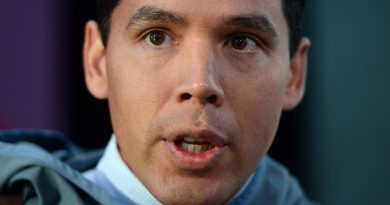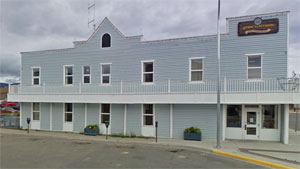New strategy to increase Inuit workforce in Quebec mines

Mining has become an increasing important part of the economy in Nunavik, the Inuit self-governing region of northern Quebec.
But the local Inuit population is still under-represented in the work force. Most jobs are still filled by workers from southern Canada.
When the local Kativik Regional Government did a survey in 2011, they found that Inuit represented only 15 per cent of the workforce in mines.
- Population of Nunavik: approximately 12,000 people
- Jobs in region: 4000
- Jobs in mining: 1000
- Jobs filled by Inuit in mining sector: approximately 150
– source Kativik Regional Government
Barriers to Inuit participation in the lucrative mining industry include lack of education, an unfamiliar culture, and the long periods that need to be spent away on remote mining sites.
But a new mining strategy supported by industry, local government and schools aims to change that.
Part of the strategy includes bolstering education, a focus not just on hiring, but on retention and promotion of Inuit and exploring ways to provide support services for Inuit at mining sites.



